Fly Anywhere. Anytime. Are We There Yet?
Flying is a chore for many individuals today, often laden with many layovers and alterations in flight times. The charter aviation industry is starting to bring ease to many customers in eliminating these travel pains, and new jet delivery is expected to grow with 6,362 new jet sales between 2020 and 2029.
What are private airfare companies like Status Jet doing to facilitate easier access to the charter flying industry for the general public?
On today’s episode of Are We There Yet?, Host Grant Harrell speaks with David Henry, President/CEO of Status Jet, to discuss the growing need for the private aviation industry and what Status Jet is doing to promote charter air travel.
Harrell and Henry also discussed…
- How your typical traveler can benefit from private aviation and what programs Status Jet is offering to catalyze this growth
- How the pandemic shifted trends the last few years with commercial and charter flying
- Some of the unique scenarios Status Jet has faced with its customers and how they were able to meet their aviation needs
Henry explained why there is a growing need for the charter aviation industry. “In North America, there’s several thousand airports. There are only 500 cities served by commercial…the real need from private is getting from Point A to Point B in some of these smaller areas…there’s not scheduled service to some of these places. So, if you have a company to run, you call companies like ours or you own an aircraft to solve that need.”
David Henry is President/CEO of Status Jet and has previous experience in the aviation industry serving as Senior Vice President of Starbase Jet. Henry also has extensive experience in the broadcast radio, sports marketing, digital marketing, and aviation sales and acquisition industries. He attended Southern Methodist University, where he earned a bachelor’s degree in Marketing.




